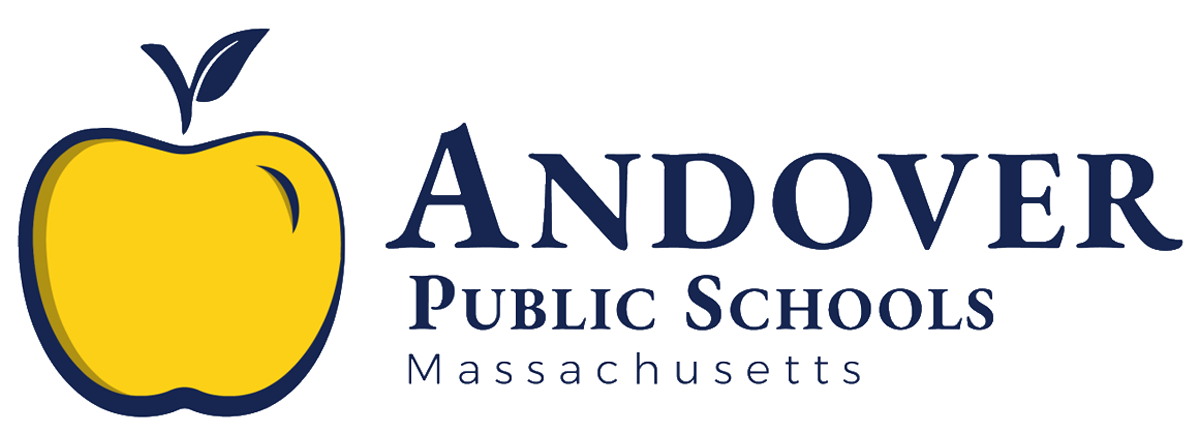World Languages
The World Language (WL) program’s role is to help students develop the cognitive skills necessary for language acquisition.
The WL program currently offers four languages--Chinese, French, Latin, and Spanish--so that students can achieve proficiency in at least one language other than English, and start realizing the benefits that multilingualism has to offer.
Following the standards set by the American Council on the Teaching of Foreign Languages (ACTFL), the WL program places primary emphasis on real communication. ACTFL organizes the Communication standard into three modes: Interpersonal, Interpretive and Presentational.
The WL program aims to prepare students to:
1) Become effective communicators using the language to engage in meaningful conversations (interpersonal), to understand and interpret spoken language and written text (interpretive), and to present information, concepts, and ideas (presentational).
2) Collaborate using their native and acquired languages to learn from and work cooperatively across communities and cultures with global team members, sharing responsibility and making necessary compromises while working toward a common goal.
3) Frame, analyze, and synthesize information as well as negotiate meaning across language and culture in order to explore problems and issues from their own and different perspectives. Ultimately, students realize that people around the world have multiple ways of viewing and experiencing life.
4) Create and innovate to respond to new and diverse perspectives with respect and appreciation. Students use language in imaginative and original ways to make useful contributions, be agents of change and pursue social justice at the local, national and international levels.
Contact:
Katherine McGonagle
Interim Program Coordinator of 6-12 World Languages
Email: Katherine McGonagle
